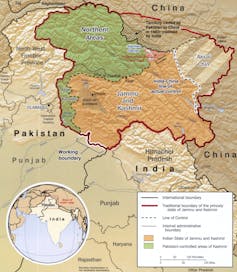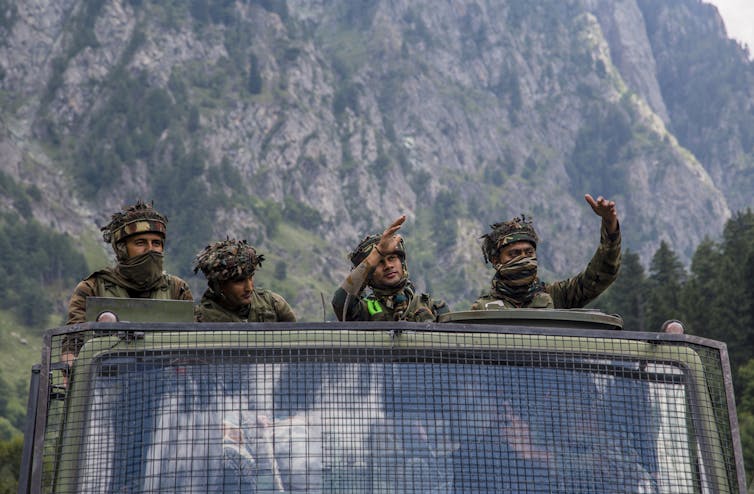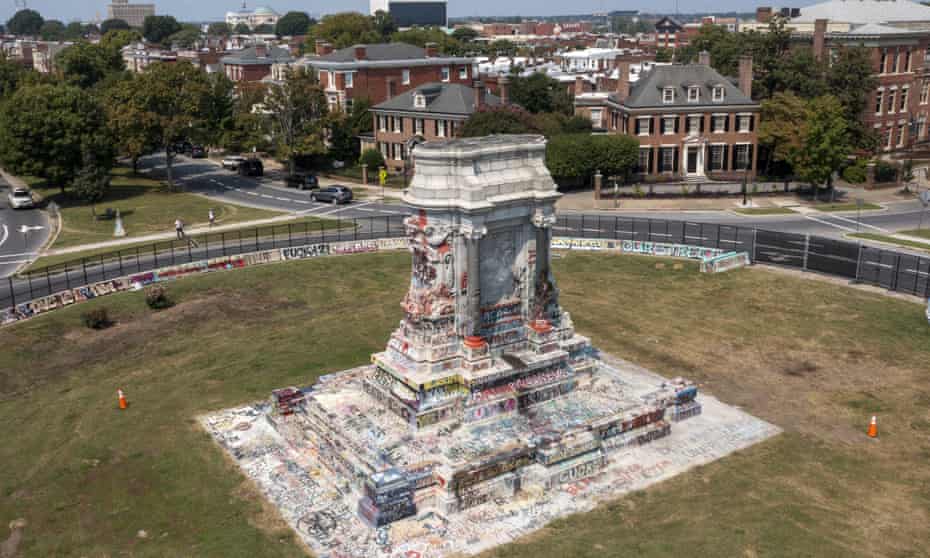December 18, 2021
Lisa Schlein

GENEVA —
Marking International Migrants Day, the United Nations reports hostility and xenophobia are growing against migrants. It warns the stigmatization and marginalization of migrants amid a raging pandemic is putting many lives at risk.
U.N. agencies report one seventh of the global population, or one billion people, are on the move. This number includes a record 281 million international migrants, and 84 million people forcibly displaced by conflict, violence, and climate change.
Director-General of the International Organization for Migration, Antonio Vitorino, says many migrants embark on dangerous, life-threatening journeys in search of better economic opportunities, others are forced from their homes because of natural and man-made disasters.
He says many of these vulnerable people fall into the hands of unscrupulous people smugglers operating along migration routes worldwide. He says COVID-19 has worsened the difficulties migrants encounter.
"Beyond the images of closed borders, separated families and economic instability, the now two-year-old global pandemic has spawned a new wave of anti-migrant sentiment and the increasing instrumentalization of migrants as tools in state policy. Both are unacceptable,” Vitorino said.
Instead of being a liability, he underlines the invaluable contributions migrants make across the world. He says migrant workers—nurses, health care workers--have kept millions of people safe from COVID. He says migrant remittances have provided a lifeline for families made destitute by the pandemic.
"The positive social and economic impact in the countries where they reside, and the 540 billion US dollars remitted last year to communities in lower and middle-income countries are measures of the industry, entrepreneurship and community from which we all benefit,” Vitorino said.
And, yet he notes too many governments continue to exclude migrants from their pandemic social and economic recovery plans because of their legal status.
U.N. and international organizations are appealing to governments to grant migrants access to lifesaving COVID-19 vaccines. To do otherwise, they say would pose a threat to the health of all people.













